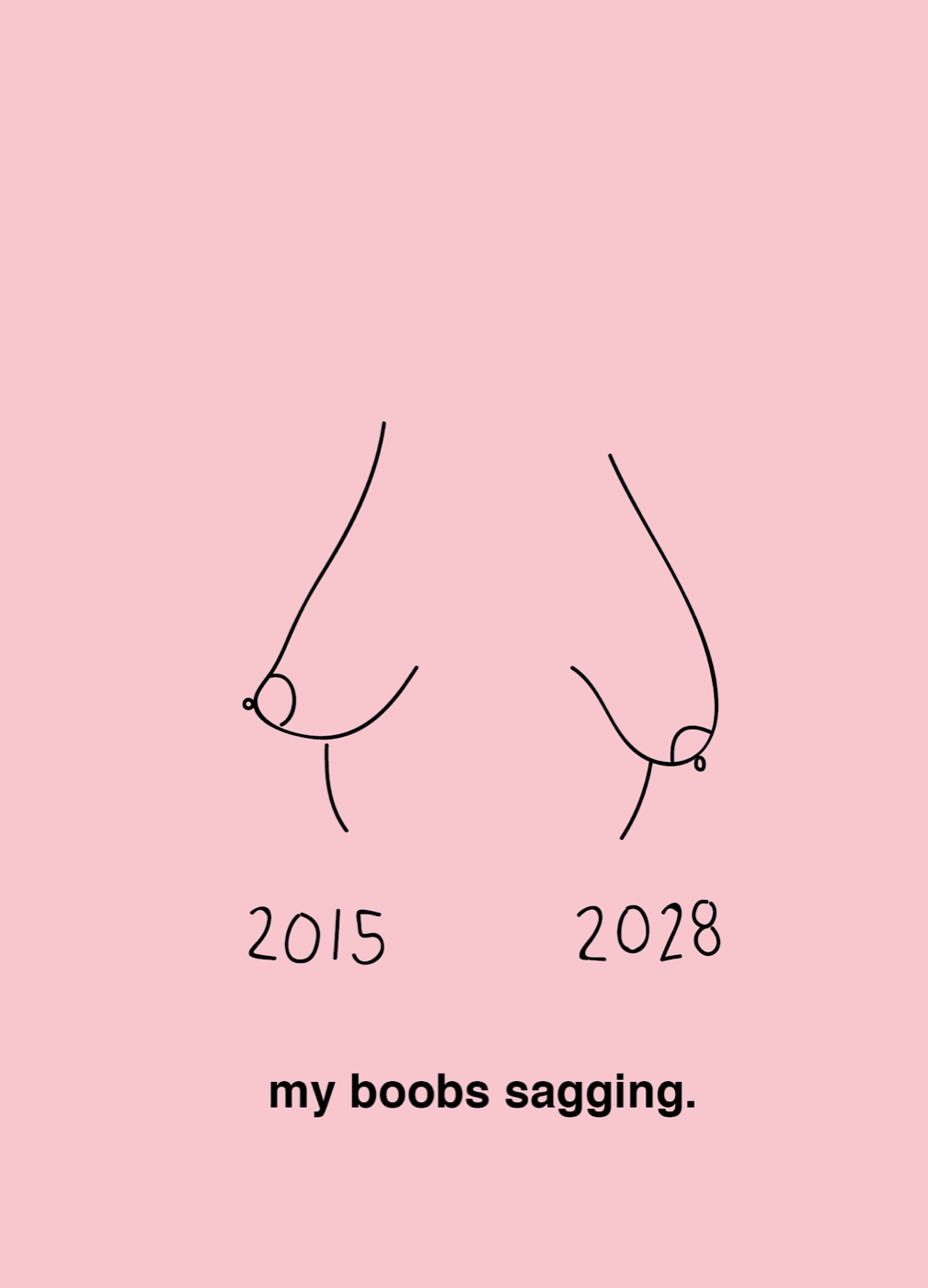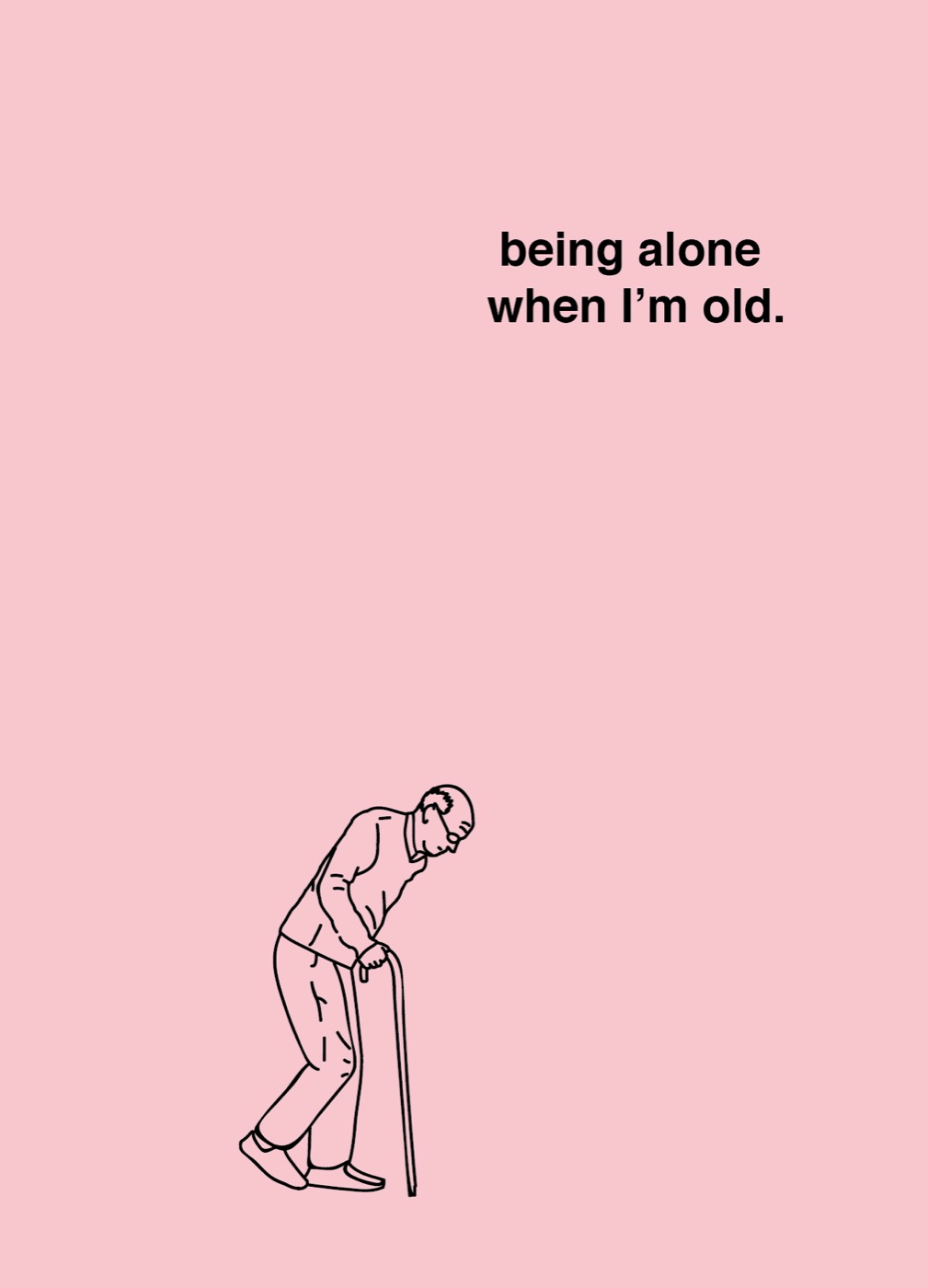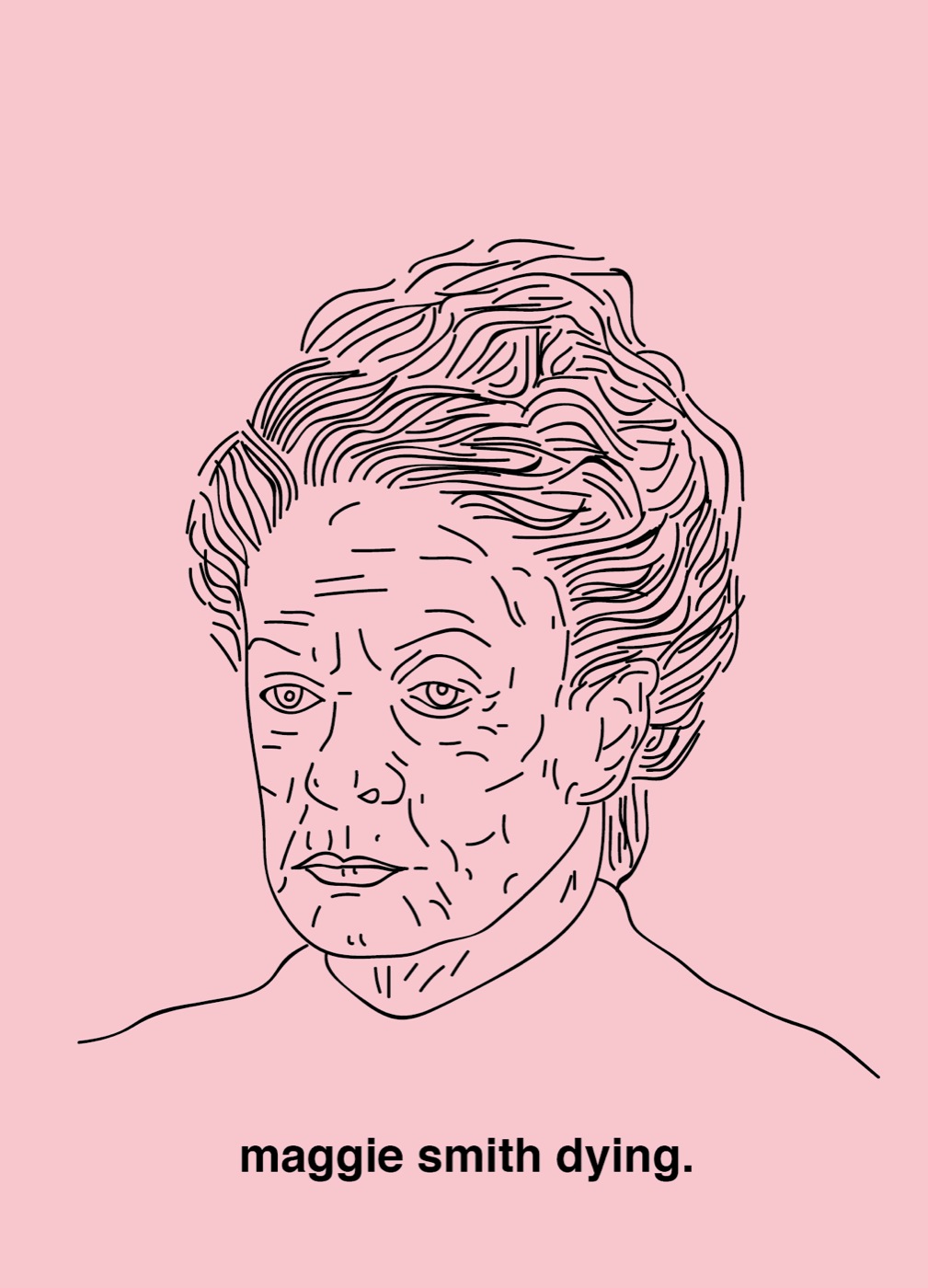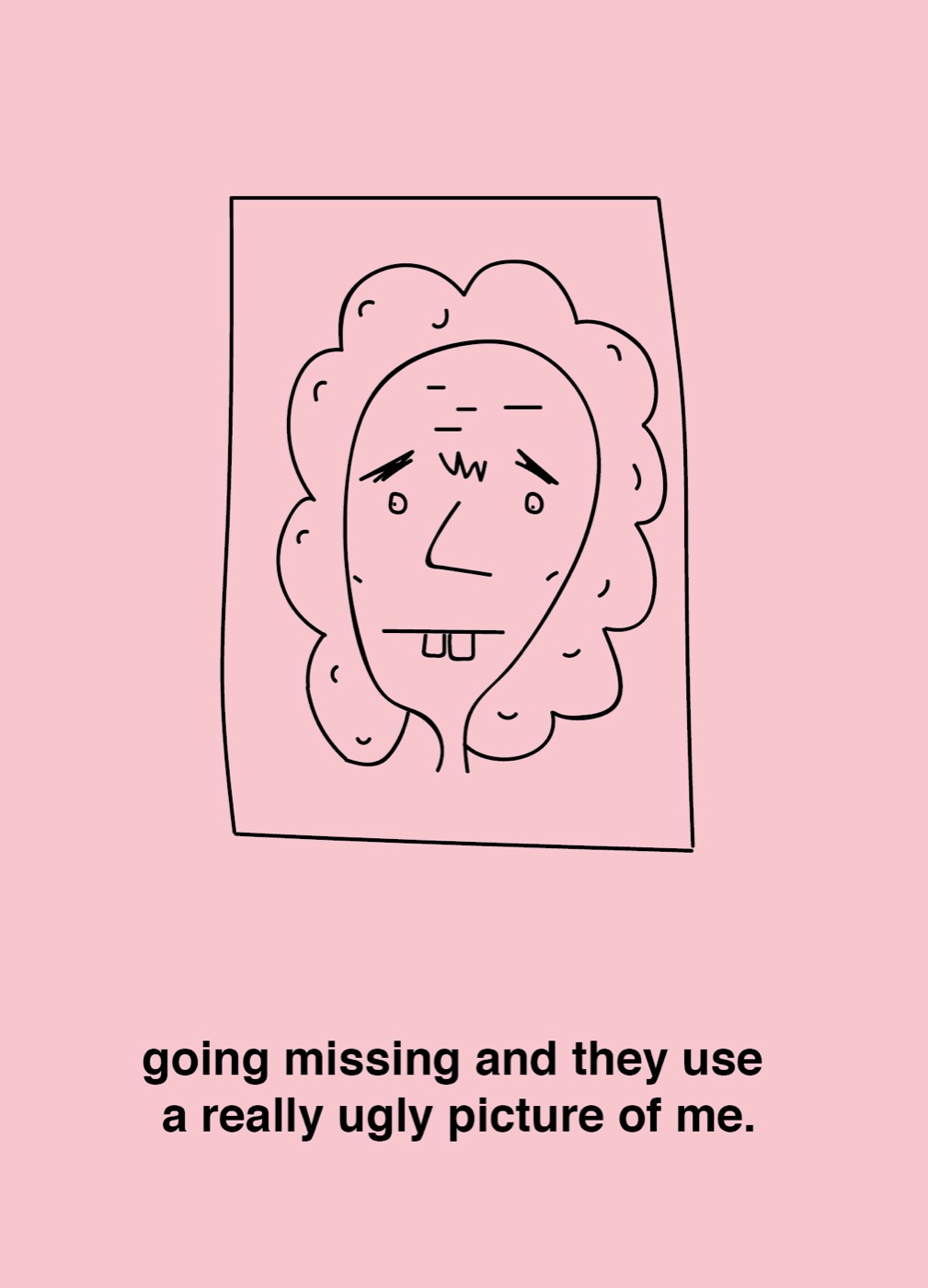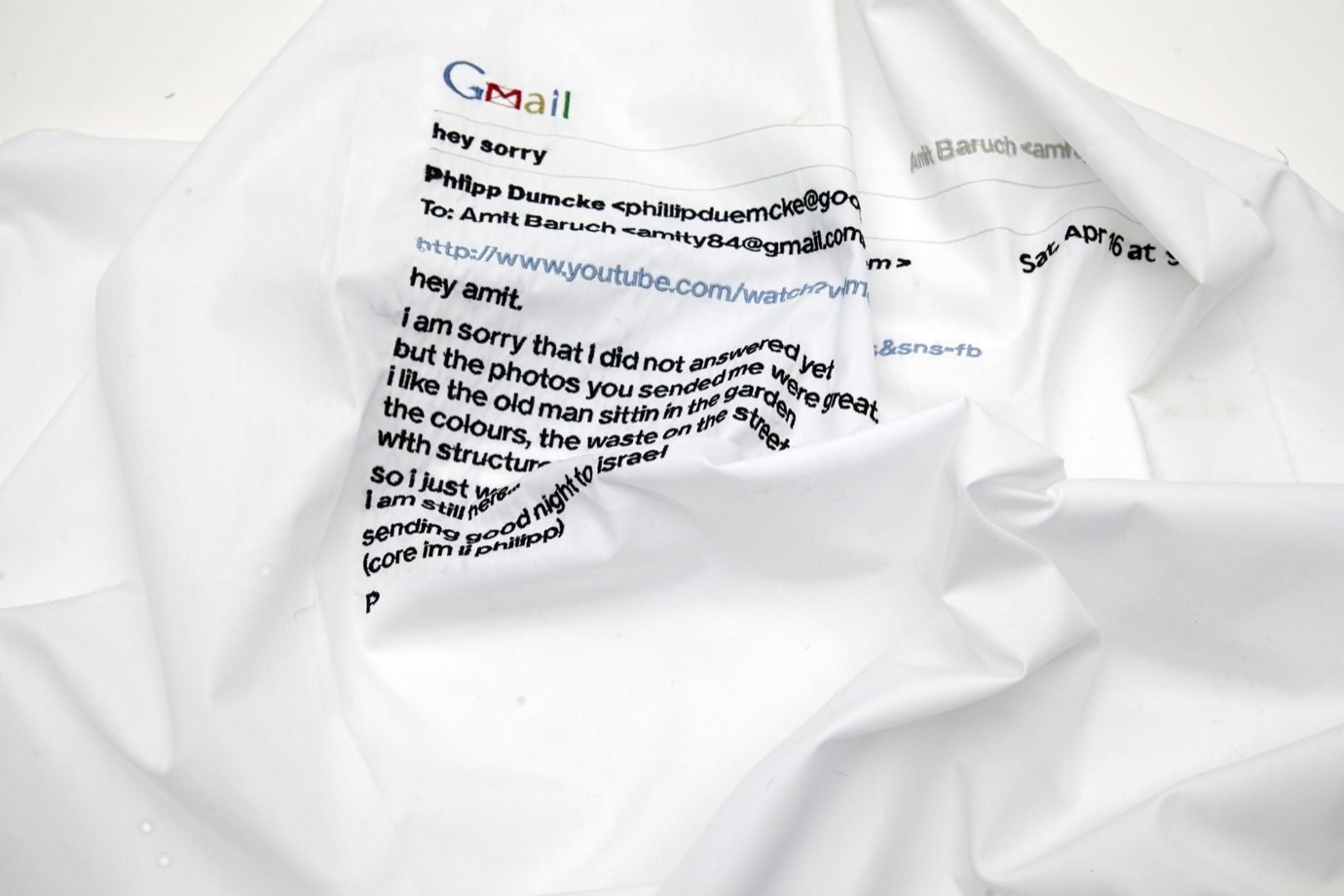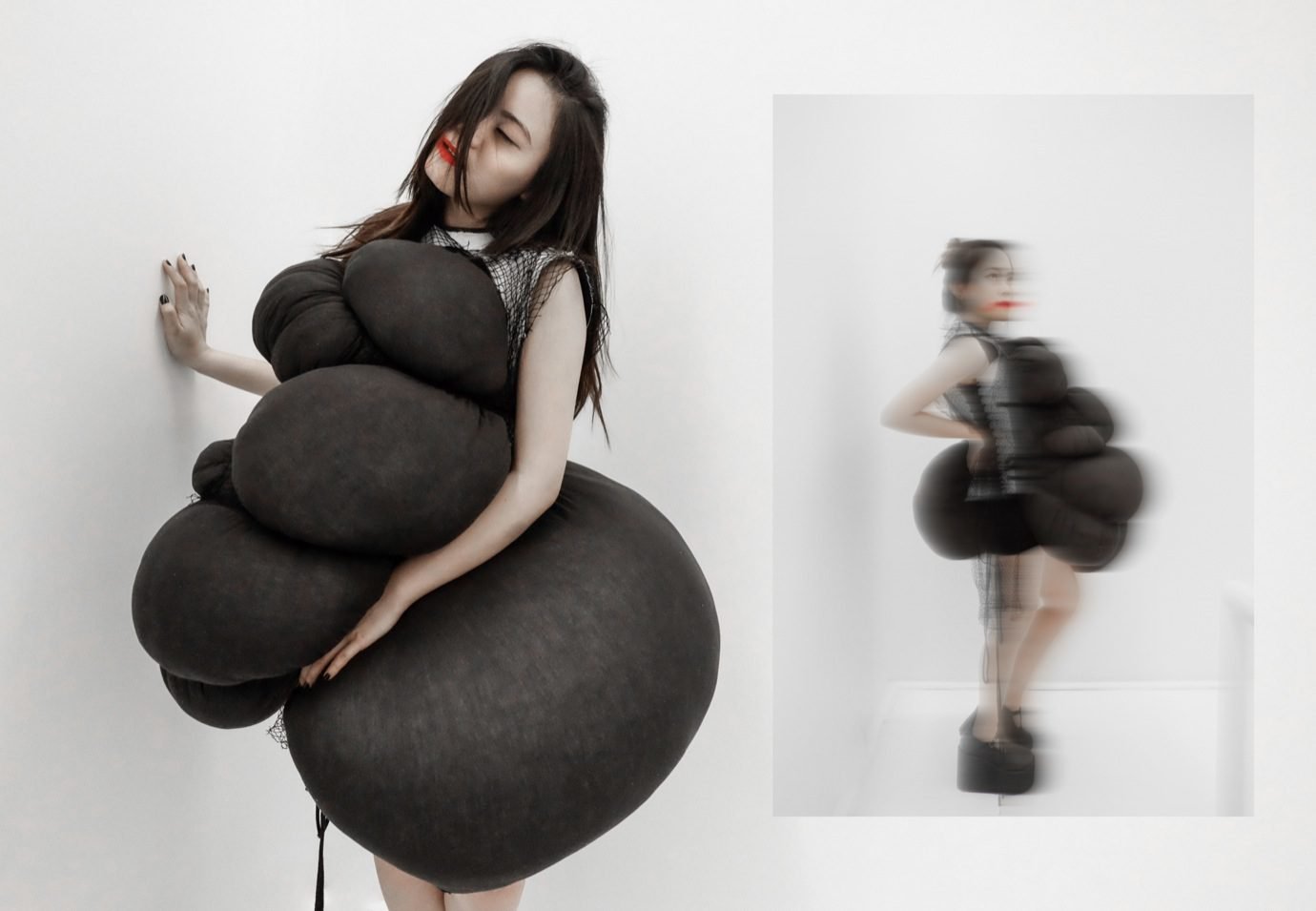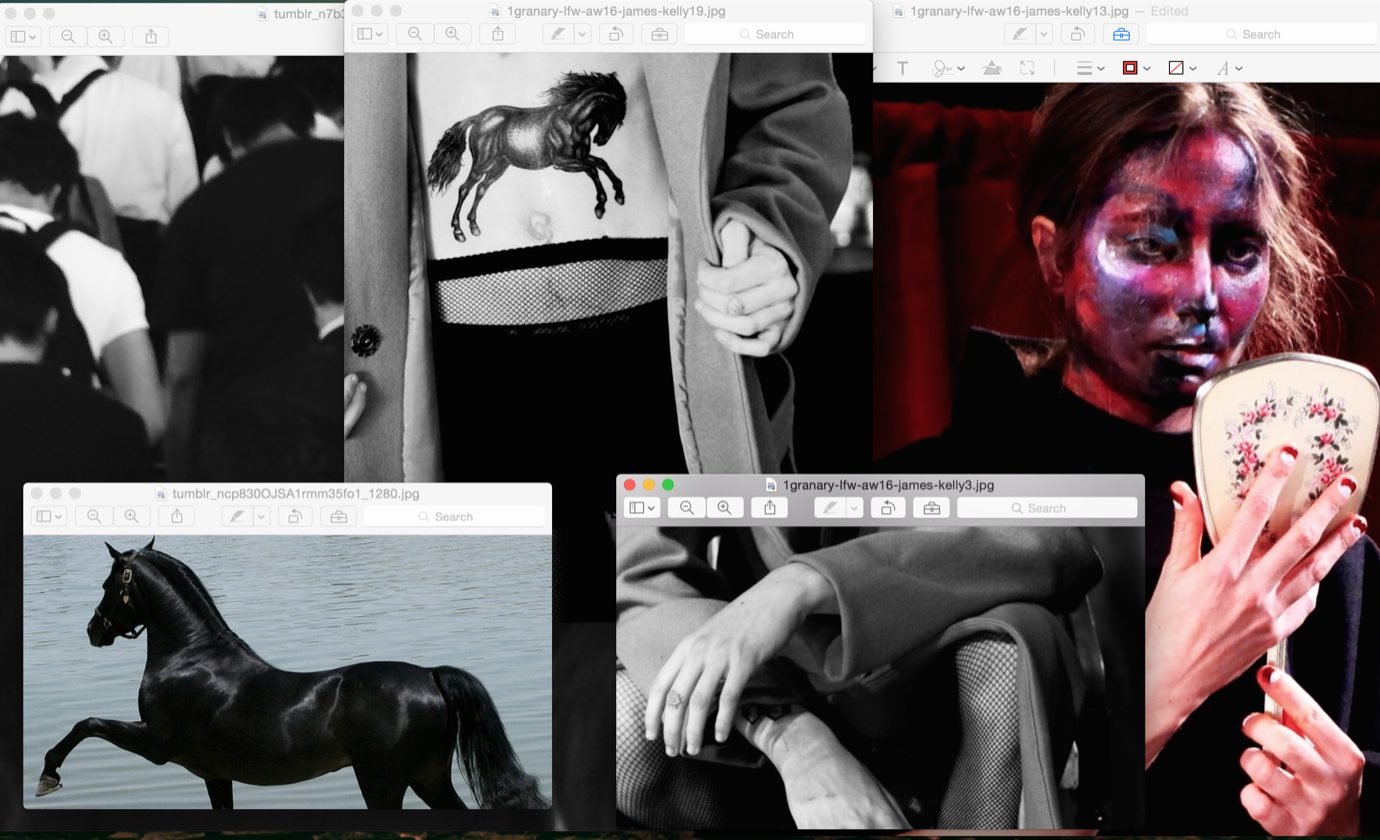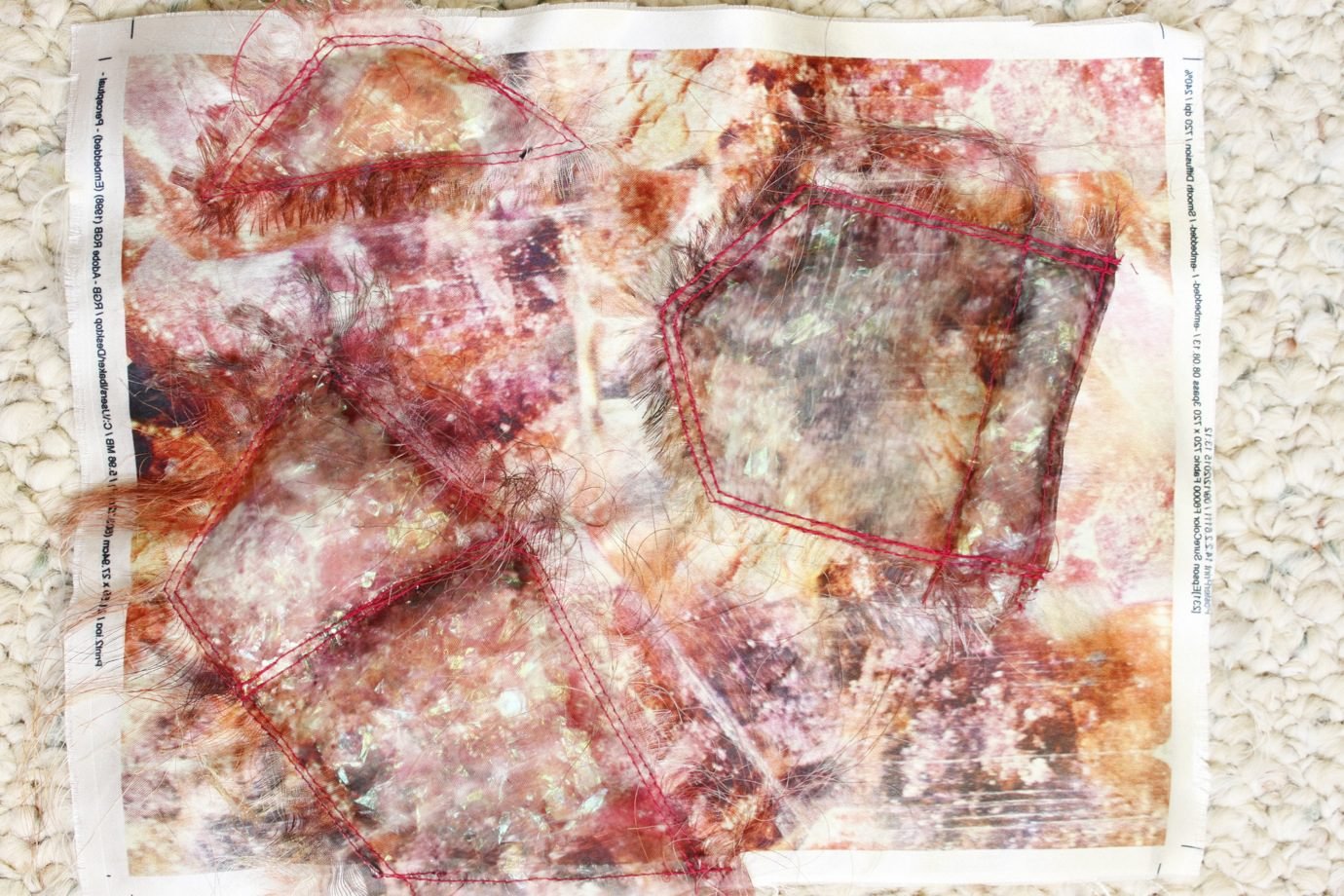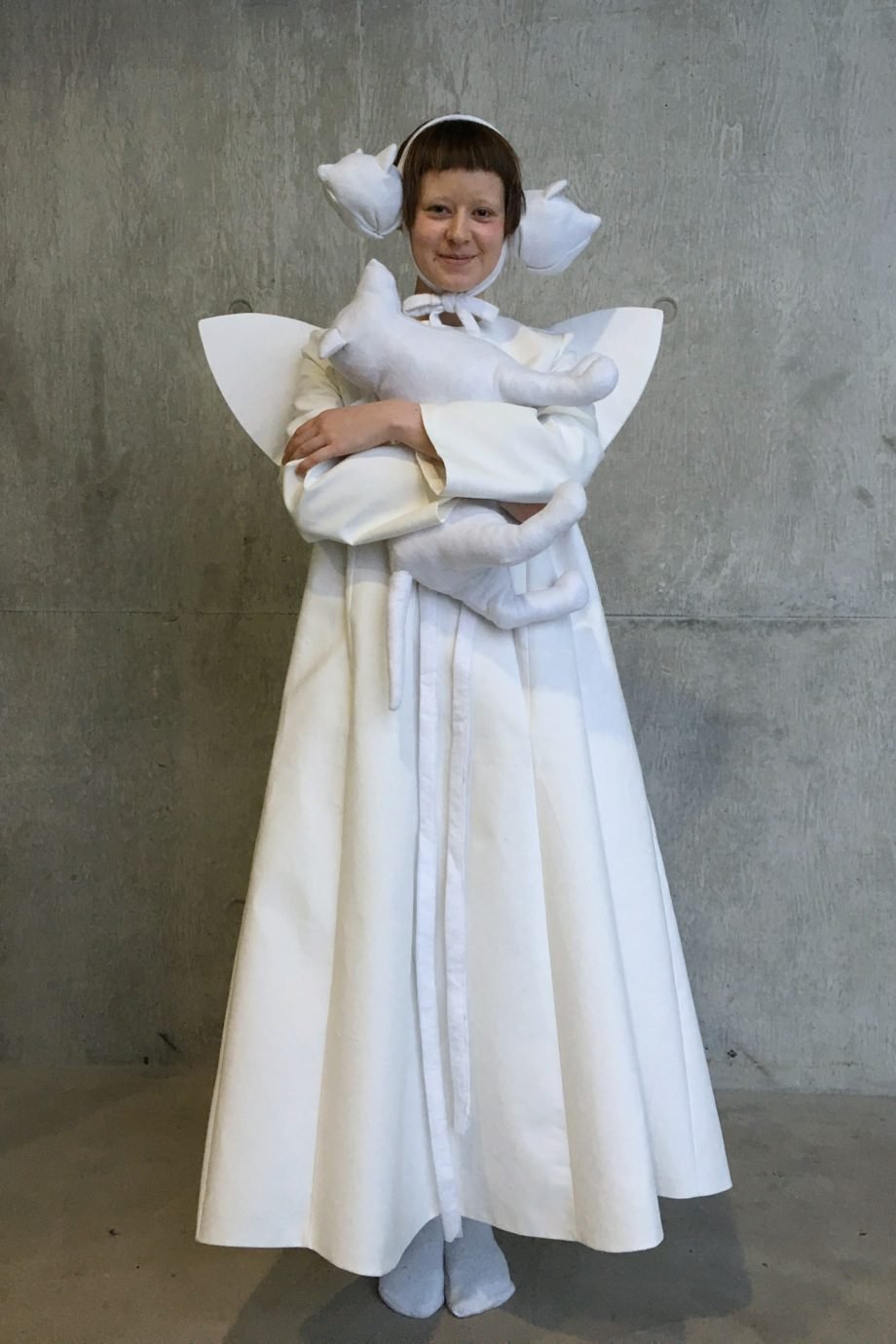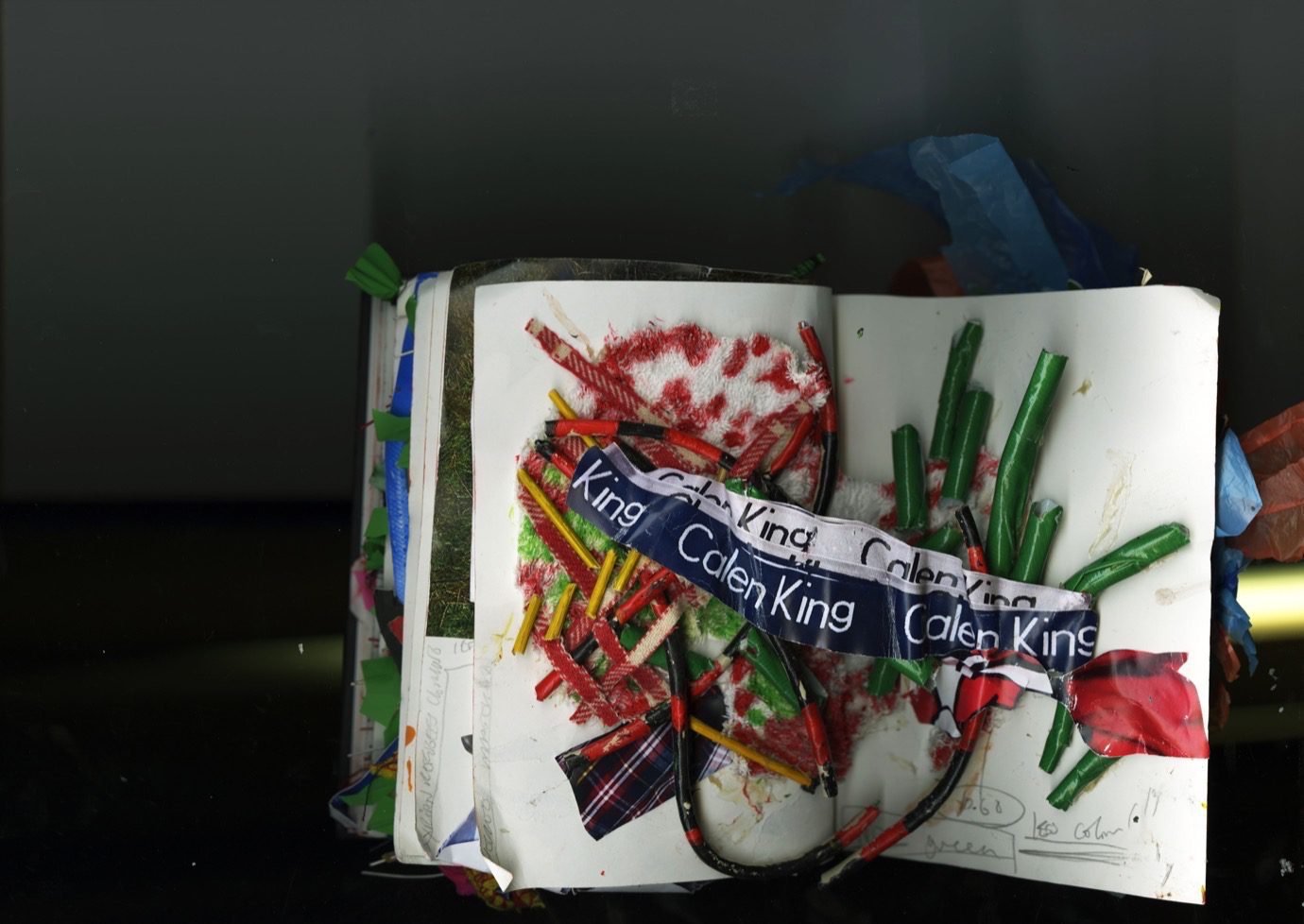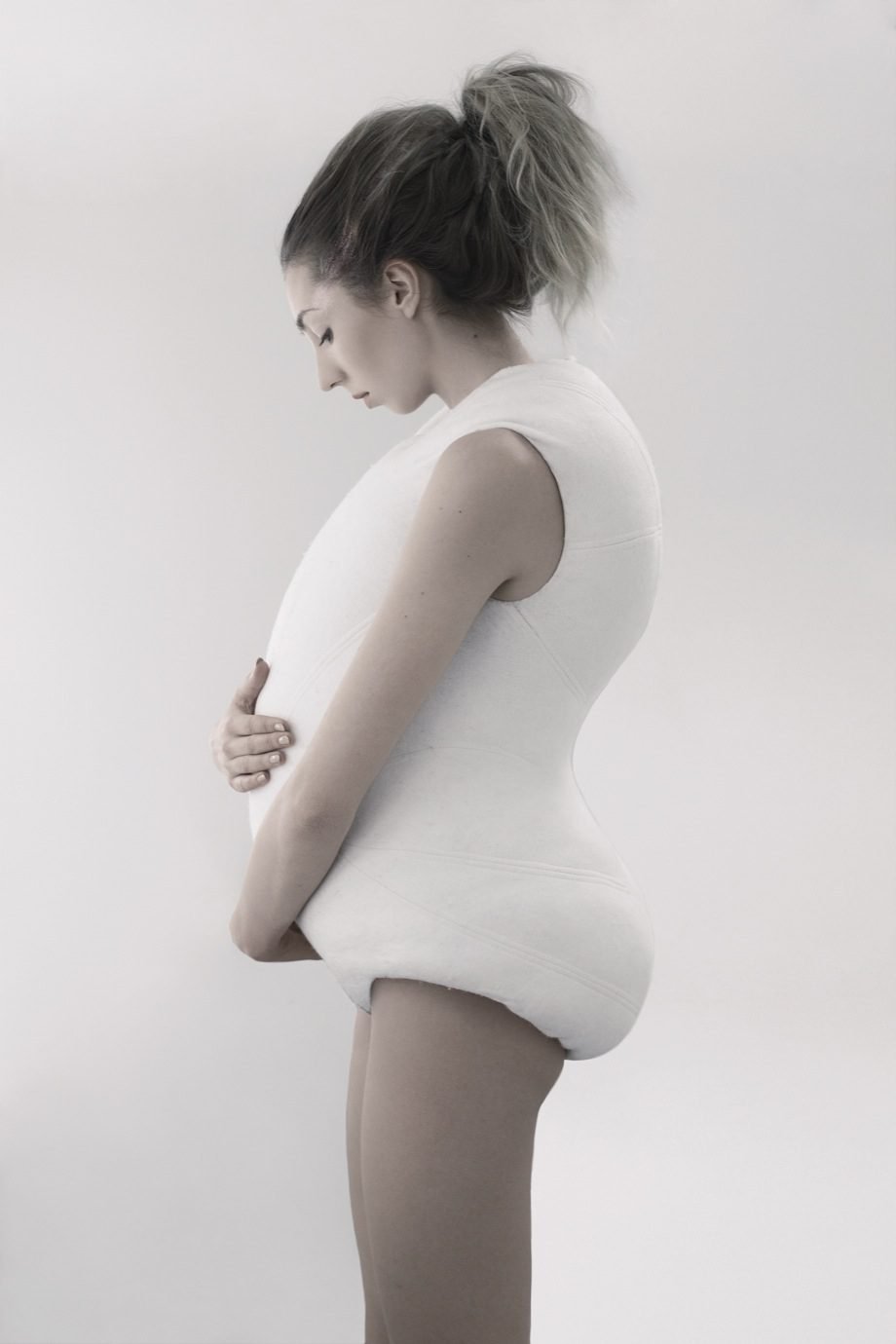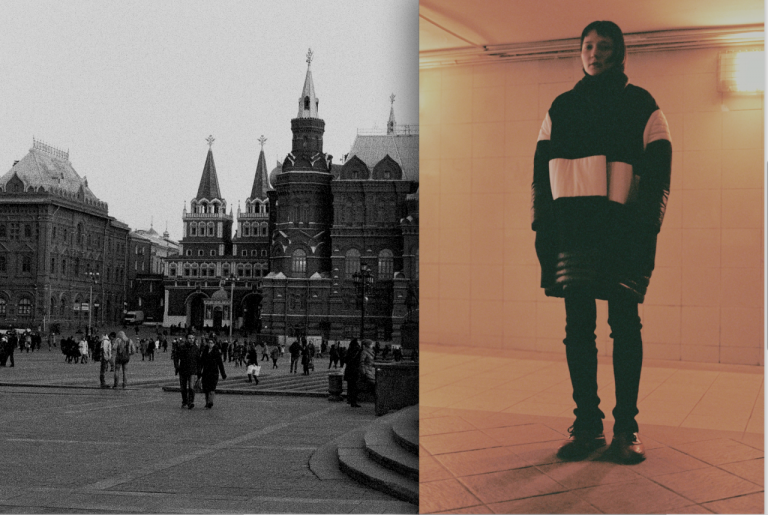“IT SEEMS TO ME THAT NO MATTER HOW CONVENIENT OUR LIVES HAVE BECOME, WE WILL NEVER REST, AND OUR MINDS WILL ALWAYS FIND NEW FEARS.”
How would you describe your experience at Central Saint Martins?
The last three years at Central Saint Martins felt like ten. I feel like another person completely, and I guess that shows what an amazing place it is. Change came everyday there. I feel that in society nowadays there’s a bit of a prejudgement around ‘change’, around new things. At CSM I went from being a teenager to being an adult. After every project, every talk with a tutor, every book I read, every exhibition I went to, I changed so much. That was a bit scary at times and it was hard to handle growing up, and studying at a place where people are so incredibly talented. Sometimes it felt that I was alone in the ‘very confused about life’ department. And that was a bit hard. I’m very sensitive and I over-analyse everything, and sometimes it was hard to be productive as an artist when I felt that I was wanting something different out of life everyday. However, at CSM I became more grounded. Growing up, I felt a bit different from people, I lived in my own little world. What is great about CSM is that they encourage the different, the new. Quoting Ratatouille, one of my favourite films, “the world is often unkind to new talent, new creations. The new needs friends”. I couldn’t agree more.
What did your final project ‘The Book of Worries’ teach you?
It taught me to trust myself more. In the last few months before graduating, I was boiling with anxiety. The idea for the book came from an urgency to put out feelings that had been building up for years. It was just a little idea, and even though the book was a collection of other people’s worries as well, it felt incredibly personal. It seems to me that no matter how convenient our lives have become, we will never rest, and our minds will always find new fears.
How important was the creative process behind it?
I tried not to overthink the visual part of the project. It’s such a personal book and it felt right to just go with what popped into my mind, and be as intuitive as possible. Some worries were so funny, and others so serious, I just had to put them together in a narrative, and design it to make it humorous, and lighthearted.

